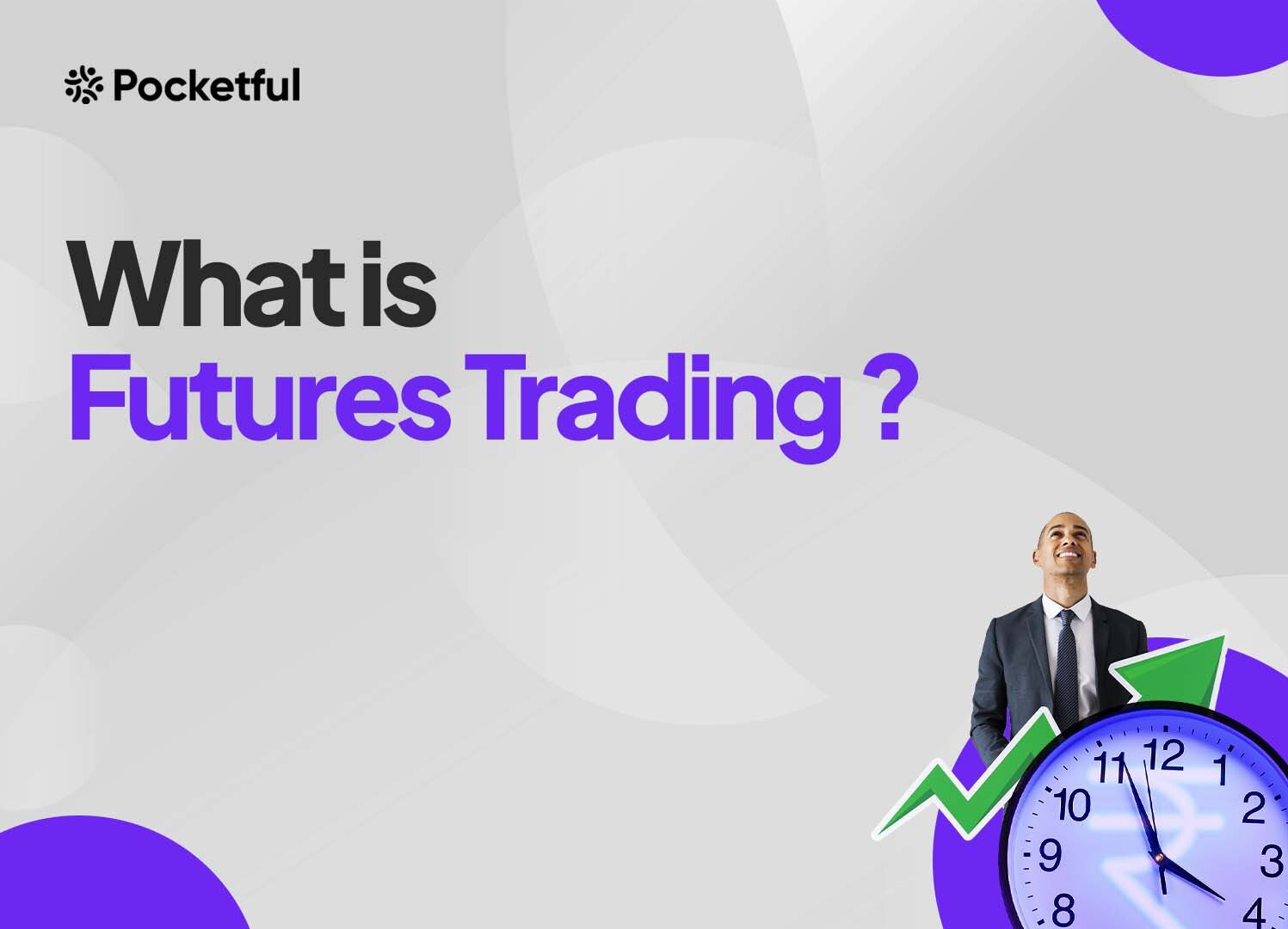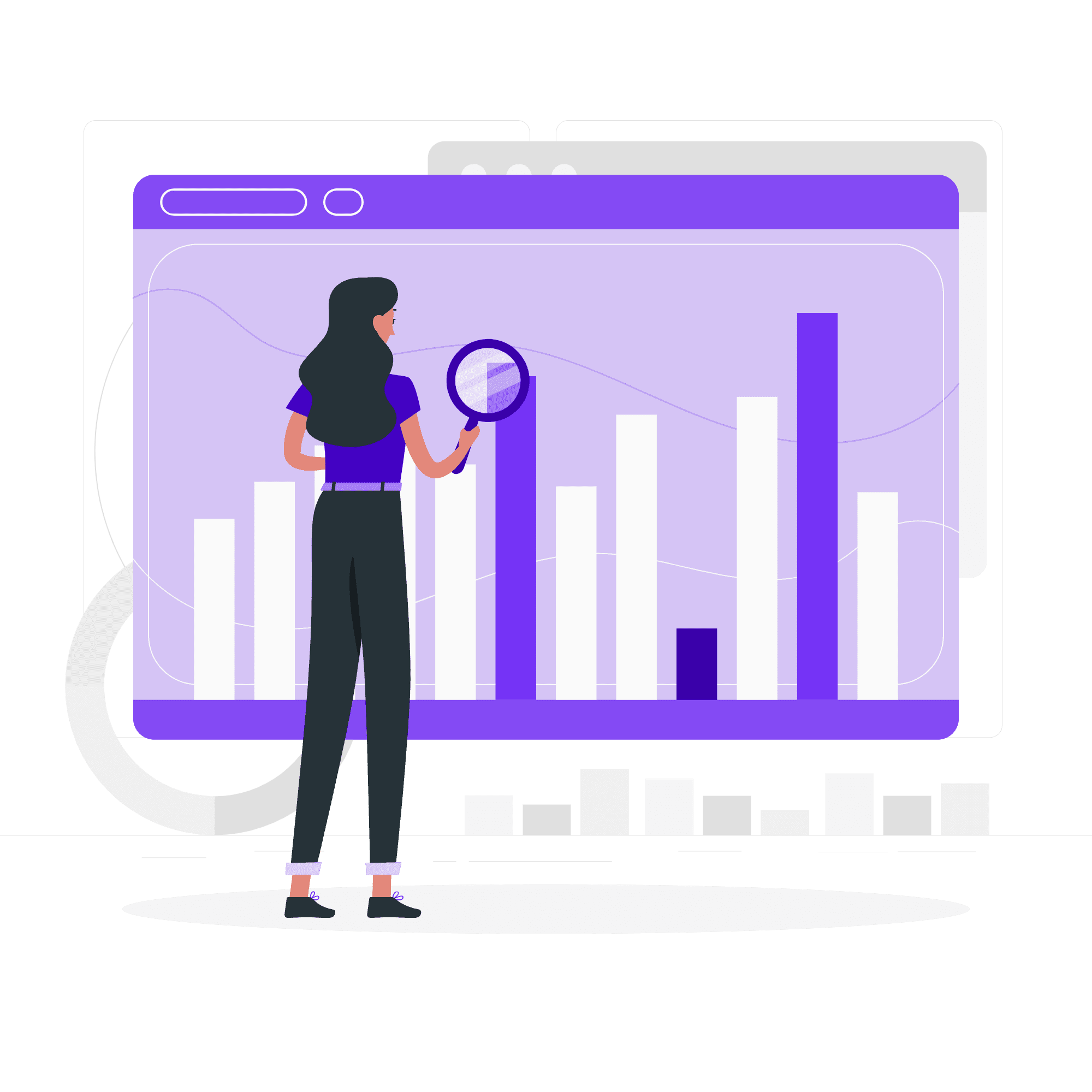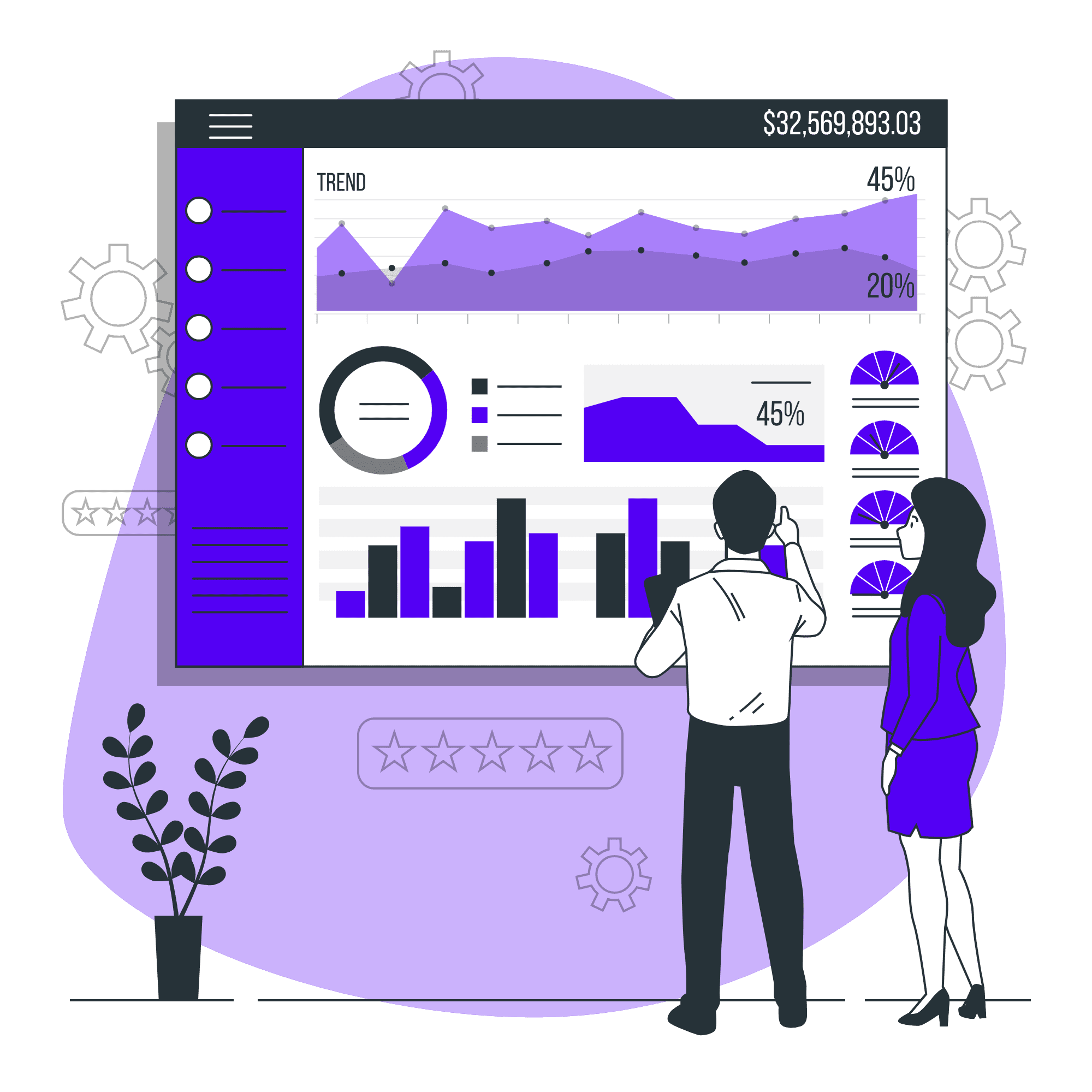| Type | Description | Contributor | Date |
|---|---|---|---|
| Post created | Pocketful Team | Jul-08-24 |
Read Next
- What is a Harami Candlestick Pattern?
- What is Average Traded Price in Stock Market
- What is MIS in Share Market?
- 7 Common Mistakes in Commodity Trading New Traders Must Avoid
- Brokerage Charges in India: Explained
- What is a BTST Trade?
- How to Do Algo Trading in India?
- What Is CMP in Stock Market?
- MTF Pledge vs Margin Pledge – Know the Differences
- Physical Settlement in Futures and Options
- List of Best Commodity ETFs in India
- Bullish Options Trading Strategies Explained for Beginners
- Best Brokers Offering Free Trading APIs in India
- Top Discount Brokers in India
- Best Charting Software for Trading in India
- Benefits of Intraday Trading
- What are Exchange Traded Derivatives?
- What is Margin Shortfall?
- What is Central Pivot Range (CPR) In Trading?
- Benefits of Algo Trading in India
What is Future Trading and How Does It Work?

Ever wondered how farmers secure profits despite fluctuating crop prices? Or how do investors make money from rising oil prices? The solution lies within a formidable financial tool: Futures contracts and the ability to trade them.
Now, let’s explore futures trading and learn how futures contracts work.
What is Futures Trading?
Before discussing futures trading, let us first understand a futures contract. A futures contract is an agreement to buy or sell an asset (such as a commodity, currency, or security) at a set price on a future date. Both the price and maturity dates are mentioned in the contract.

Futures contracts are different from stock options. While stock options give you the choice to buy or sell, futures contracts are binding agreements. Furthermore, you buy a futures contract when you expect the asset price to increase, and you sell a futures contract expecting the asset’s price to fall.
Before proceeding further, let us briefly summarize the terms used in the futures market.
Terminologies Used in a Futures Contract
- Underlying Asset: The asset upon which the futures contract is based.
- Expiry Date: The date on which the future contract will mature and delivery or cash settlement takes place.
- Delivery Month: It is the month in which the underlying asset is scheduled for delivery upon contract expiry.
- Spot Price: It is the current market price of the underlying asset.
- Future Price: The price agreed upon by the parties to satisfy the futures contract at expiration.
- Margin: It is a sum of money that the broker requires to allow an individual to start trading futures. It is a proportion of the contract value, serves as a good faith deposit, and lowers counterparty risk.
- Open Interest: It denotes the total number of futures contracts that are outstanding and not yet settled.
How Does Futures Trading Work?

Trades are executed on specific exchanges, such as the Multi Commodity Exchange (MCX) for commodities and the National Stock Exchange & Bombay Stock Exchange for equities.
Each futures contract has three main specifications:
- The underlying asset (such as commodity or stock),
- The standard quantity (for example, 100 shares or 1 kg of Gold) and,
- The expiry date (also known as the settlement date).
These contracts are standardized to ensure that trading runs smoothly.
Indian exchanges require traders to deposit a margin before they can start trading. This margin is essential to ensure the settlement of the contract.
Essential things to keep in mind before you start trading in futures are listed below,
- The Securities and Exchange Board of India governs futures trading and is responsible for maintaining market integrity and fairness.
- In India, futures contracts are settled in cash. It means that the difference between the contract price and the market price is paid in cash upon expiration.
- Profits from futures trading in India are taxed as capital gains.
Trading futures has two main purposes:
Hedging
Hedging refers to using futures contracts to shield yourself from price changes in an asset you already have. For example, Suppose you are concerned about the future price of mustard because you are about to harvest your crop in approximately three months. One can achieve this through hedging.
Example
You decided to hedge your risk using futures contracts on the MCX and entered into a contract to sell 100 quintals of mustard at a pre-determined price, say INR 4,000 per quintal, with a delivery date of November (expiry date). The futures contract will lock in a selling price for your harvest in November, irrespective of the market price.
Imagine that the price of mustard drops to INR 3,500 per quintal in November because of a surplus harvest. The short position in the futures contract yields a profit of INR 500 per quintal, which offsets the loss due to the lower market price of the crop, thereby hedging away risk.
Speculation
Speculation means trying to make money from asset price changes.
For example, suppose you have a view regarding the price of mustard in the future and want to profit through futures trading. Traders accomplish this through speculation.
Example
Consider yourself a trader who does not produce mustard but predicts its price will increase in the next few months because of a possible shortage.
With a November expiry date, you can enter into a contract to buy 100 quintals of mustard at the current price of INR 4,000 per quintal.
If the market price of mustard increases to INR 4,500 per quintal by November, you can buy mustard at the pre-agreed price of INR 4,000 and sell it immediately in the market for INR 4,500, making a profit of INR 500 per quintal.
Popular Futures Contract in India
- Gold Futures
- Crude Oil Futures
- NIFTY 50 Futures
- Currency Futures (NSE & BSE)
Read Also: Synthetic Futures – Definition, Risk, Advantages, Example
Conclusion
Futures trading is a complex financial practice that lets traders speculate on asset prices, protect against risks, and use their positions to increase potential gains. If you get involved in this market, it is crucial to understand how future contracts work. Successful futures trading needs to know the market well and manage the risk with discipline. Traders can achieve various financial goals, such as speculative gains and reliable hedging using futures contracts.
Frequently Asked Questions (FAQ’s)
Why do people use future contracts?
People use them for hedging and speculation.
Isn’t trading futures risky?
Yes, leverage magnifies both gains and losses.
How do I get started with futures trading?
Educate yourself first. Understand the risks and start small before investing substantial money.
Who regulates futures trading in India?
The SEBI oversees the futures trading in India.
Is futures trading a good fit for everyone?
Futures trading is not a good fit for everyone because it’s highly risky.
Disclaimer
The securities, funds, and strategies discussed in this blog are provided for informational purposes only. They do not represent endorsements or recommendations. Investors should conduct their own research and seek professional advice before making any investment decisions.
Article History
Table of Contents
Toggle